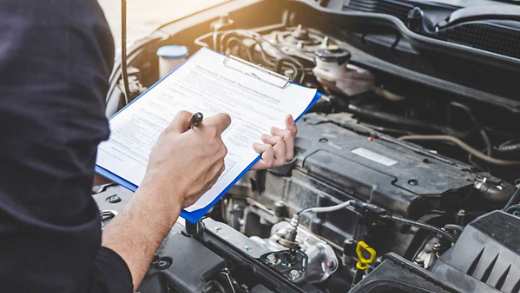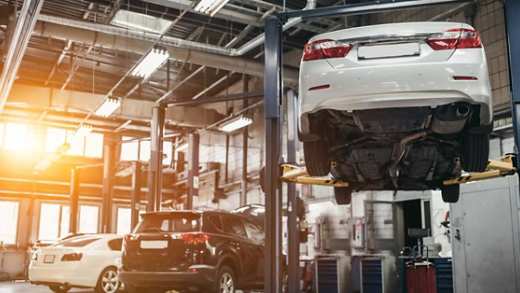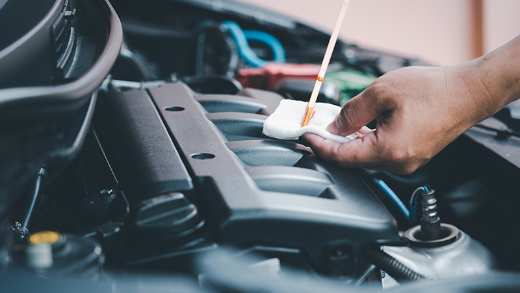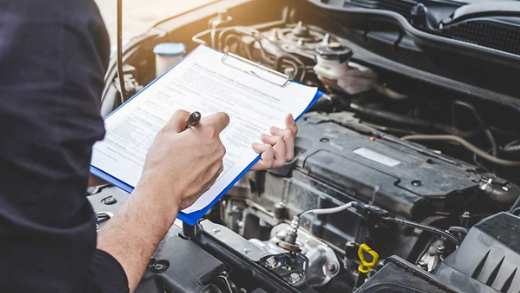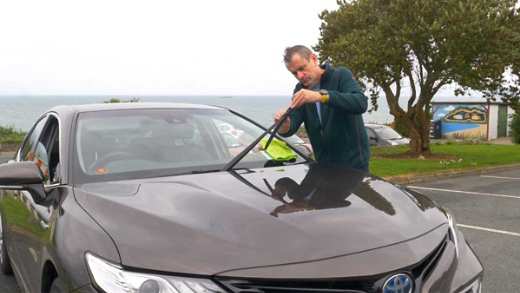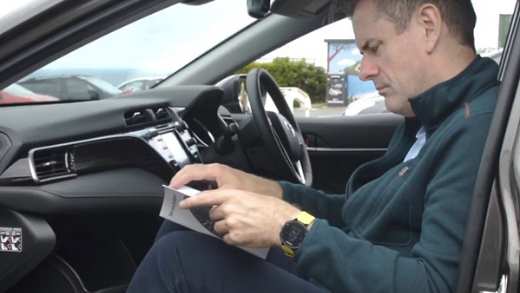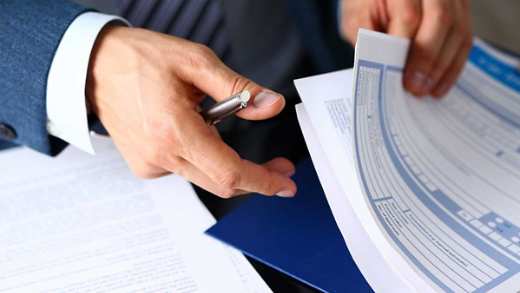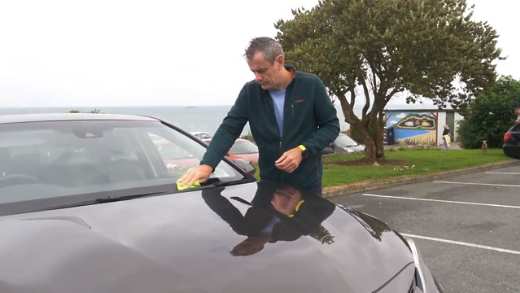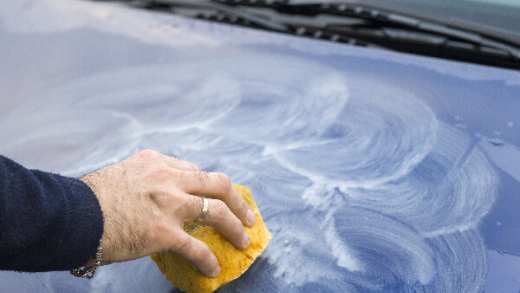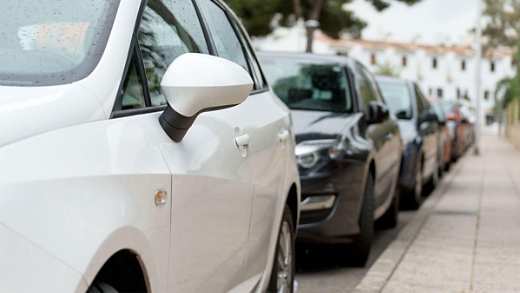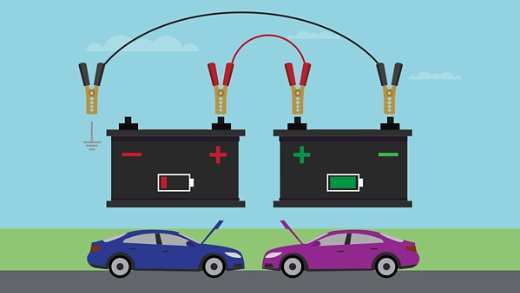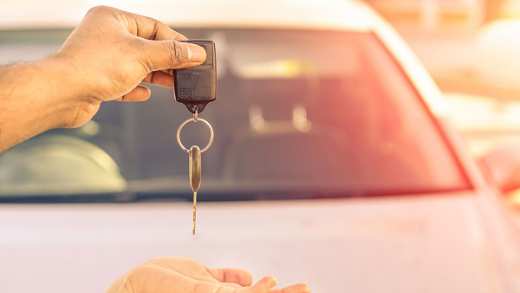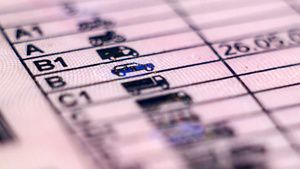Today’s cars are becoming more and more economical because of EU regulations and technological advancements, but we all like to save money when it comes to petrol and diesel, as we know fuel prices can be volatile. Michael Bannon, Aviva’s Motor Underwriting Manager, has compiled his top fuel-saving tips – helping you stretch as many miles to the gallon as possible:

How can fuel efficiency be improved?
1. Make sure you maintain your car
A well-maintained engine is an efficient one. Regular maintenance and servicing improves the efficiency of your car and therefore, can improve your fuel consumption. Make sure the air filter, oil, oil filter, spark plugs, and fuel filters are all changed as recommended by the manufacturer to keep it in tip-top shape.
If you want to learn more about what’s under the bonnet of your car – read our guide.
2. Plan your route
Consider making one round trip rather than several short trips. Once your car’s engine is warm it will operate at its most efficient whereas several cold starts increases fuel consumption even though the total mileage could be the same.
3. Use the highest possible gear
Excessive acceleration is the biggest fuel-guzzling factor you can have so ensuring your acceleration is gentle is very important to fuel-efficient driving. The secret to achieving high kilometres per litre is using the highest possible gear, when it’s safe to do so and don’t stay at lower gears for too long.
The optimum fuel economy speed is different for every car. While your car will have an ideal speed, the actual road conditions and gradient may not allow you to achieve it - so there will be an element of improvisation and learning, to adjust your driving according to the road ahead. Generally speaking, the optimum driving speed for fuel economy is 72-80 km/h (increasing your speed from 90 km/h to 120 km/h can raise fuel consumption as much as 20%), which is what car manufacturers typically use to quote fuel consumption figures. The best advice in urban areas is to change up through the gears as quickly as you can with the lowest revs possible.
4. Use cruise control on motorways
A common question asked among motorists is “is cruise control more fuel efficient?” The simple answer is “yes”.
Cruise control aids fuel efficiency while driving on a constant, flat surface, and this is why it lends itself to motorway driving. One of the keys to saving fuel is driving at a constant speed and cruise control can allow you to do this effectively on flat surfaces.
However please remember that cruise control shouldn’t be used in wet weather conditions. This increases your risk of losing control of your car and hydroplaining.
5. Maintain momentum
Keeping your car moving is essential to fuel economy. Obviously, this depends on traffic conditions and what’s happening on the road ahead but slowing down and having to accelerate again naturally uses more fuel. So, plan ahead, anticipate stop signs and traffic lights; the more time and space you gain, the better your fuel economy and the safer you will be.
The secret to achieving high kilometres per litre – is gentle acceleration and breaking and driving in the highest possible gear, when it’s safe to do so. Remember that accelerating quickly and applying brakes suddenly will burn up to 20% more fuel.
Michael Bannon, Aviva’s Motor Underwriting Manager
6. Lighten the load
Don’t keep unnecessary items in your boot as they add weight to your vehicle. Extra weight can affect how efficiently your car uses your fuel.
7. Remove roof bars and roof box
Don’t leave roof bars and a roof box on your car unless you need to use them. They create wind resistance and cause your car to use more fuel through the ‘drag’ effect, and the faster you drive with these the more fuel you will use up.
8. Keep an eye on your tyres
It’s particularly important to make sure your tyres are inflated to the correct tyre pressure as indicated in your owner’s manual. Underinflated and overinflated tyres can both adversely affect fuel economy.
Make sure that your tyres are inflated to the correct pressure as indicated in your car owner’s manual.
9. Monitor air conditioner usage
Don’t use your air conditioning unless you really have to - it uses engine power and therefore increases fuel consumption. When driving at slow speeds, try opening your window instead. When travelling on the motorway using the air conditioning is the most efficient way to stay cool as it reduces the drag that can occur at higher speeds if the window is open.
Believe it or not this goes for heat as well, so try to dress for the weather, even inside your car, if you want to save on fuel.
10. Take advantage of your car’s stop-start feature
A great way to save fuel, the stop-start feature of your vehicle works when you’re stuck in traffic, idling or stopped at traffic lights. It works by detecting a lack of vehicle motion. Once the car is out of gear and the brake pedal is pressed, the system kicks in.
Why not try out these tips to improve your cars fuel efficiency and to help cut your fuel costs?
Now you’ve just learned how to save money on fuel, but did you know that you can also save money on car insurance? You can enjoy a 15% discount on your car insurance by getting a quote with Aviva.

